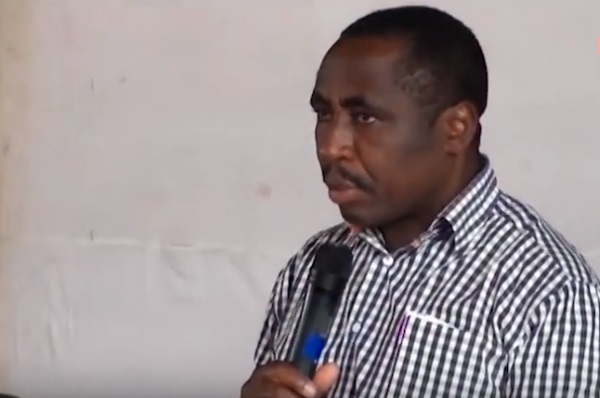Practicing subsistence agriculture by a majority of Ugandans are believed to be making difficult for the country to reap enough from its cherished agricultural potential. But the number of farmers in subsistence farming might reduce in some districts after the government secured 892 billion shillings from the World Bank to modernize agriculture for increased production. “Here as government and MAIF, we are coming to give you a hand in terms of quality inputs, in terms of fertilizers, in terms of water for production, in terms of storage and in terms of marketing. For you in order to do that we must reduce the role of middlemen for you to farm. It’s about the farmer and the input dealer.” Said, Christopher Kibazanga – State Minister for Agriculture.
This project will be piloted in five districts of Ntungamo, Nebbi, Iganga, and Kalungu. Ntungamo district will specialize in beans production, Iganga district in maize and cassava, Kalungu district will venture in coffee growing. This program will later be rolled out to the rest of the country except Karamoja region which has a special intervention under the resilience project. “…implemented in the tribal clusters covering 42 districts drawn from all over Uganda except Karamoja which has a special intervention under the resilience project.” The project whose main objective is to raise on farm productivity, production and market surplus will be delivered through four components including provision of inputs in form of seeds, fertilizers, pest control to the farmers, irrigation infrastructure development providing matching grounds to area commodity enterprises and ensuring effective management. “Within the project components we have the best control chemicals, best control mechanisms and we are going to supply these chemicals to our farmers.”
This project will benefit close to 450,000 farm holds.however, for each individual farmer to benefit from this project he or she will have to register a farmers’ association. According to Steven Byantwale the Commission Crop Protection at the Ministry of Agriculture, farmers will contribute 33% of the cost of inputs in the first season. The project will contribute 67% well as in the second season it will be 50% - 50% while in the third season the farmers will contribute 67% and the project 33% respectively. “Sustainable land management is going to be one of the key components during implementation as we provide inputs, as we provide the seeds, people must work to maintain and sustain the environment.” Said, the Commissioner Crop Protection – Ministry of Agriculture.

